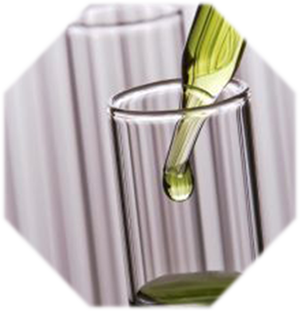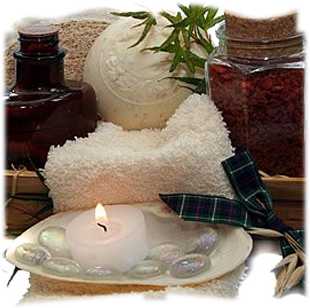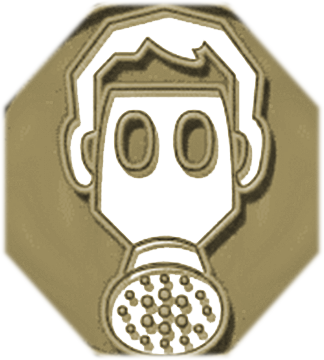Safe Use
 Essential oils are powerful, potent substances. Even though essential oils are natural, they must be treated with the same respect that you would apply to any medicinal product. Understanding the safety principles will allow you to derive the largest benefits from these healing gifts of nature.
Essential oils are powerful, potent substances. Even though essential oils are natural, they must be treated with the same respect that you would apply to any medicinal product. Understanding the safety principles will allow you to derive the largest benefits from these healing gifts of nature.
The first golden rule of essential oils is: do not ever swallow essential oils. They are highly concentrated and in large amounts they can cause harm to the delicate lining of the mouth and digestive tract. In sufficiently large doses, swallowing essential oil may cause a poisoning reaction in the body.
Keep all essential oils well out of reach of children. Children have a tendency to put things into their mouths, and swallowing essential oils can be dangerous. If you suspect that a small child has swallowed an essential oil, it is always prudent to seek medical attention straightaway. Take the bottle of oil with you so that the medical practitioner can advise you properly.

Essential oils can be used at home in a variety of ways, both for their aroma and for their cosmetic and medicinal qualities. There are several ways to prepare essential oils for different applications; as a massage, in skin oils and lotions, hair care, and for first aid treatment in compresses, gargles, and wound washes. It is always recommended to put safety first when employing essential oils.
Massage
This is a method favored by professional aromatherapists, who usually carry out a full body massage. Specific essential oils are selected to suit the condition and temperament of the client, and blended with a base oil, such as sweet almond oil or grapeseed oil.
 Not all natural plants or plant products are beneficial to human health. They have other purposes and perhaps used for other living species. Some of the following plant life is used to produce homeopathic remedies but under NO CIRCUMSTANCES are the essential oils of these plants ever to be used.
Not all natural plants or plant products are beneficial to human health. They have other purposes and perhaps used for other living species. Some of the following plant life is used to produce homeopathic remedies but under NO CIRCUMSTANCES are the essential oils of these plants ever to be used.
If receiving homeopathic treatment, consult your homeopath. In the meantime, avoid black pepper, camphor, eucalyptus, peppermint as these oils will nullify the effectiveness of the homeopathic potencies. Some sources say avoid aromatherapy altogether.
Keep essential oils away from the eyes
People with allergies, including allergies to perfume, may well be helped by aromatherapy. Quite often it is the synthetic ingredients in a perfume that cause allergic reactions such as sneezing, headaches, faint feeling, etc.

Scent is a very personal thing...what may smell wonderful to one person may make somebody else wrinkle up their nose and say ewwwww. Here are some simple tests that you can do when you are trying out a new oil or several oils blended together so you can get an idea of how they smell when combined.
This test is best for assessing single essential oils rather than blends. Put a drop of essential oil on a damp cotton ball, a smelling paper or a piece of blotting paper. If you are using blotting paper or a smelling paper, write down the name of the oil (or blend of oils) on the sample, or enter the information into a notebook. Before smelling, waft the sample around for a moment to encourage vaporization of the essence. If the aroma is disliked, you have wasted only a small amount of essential oil.

